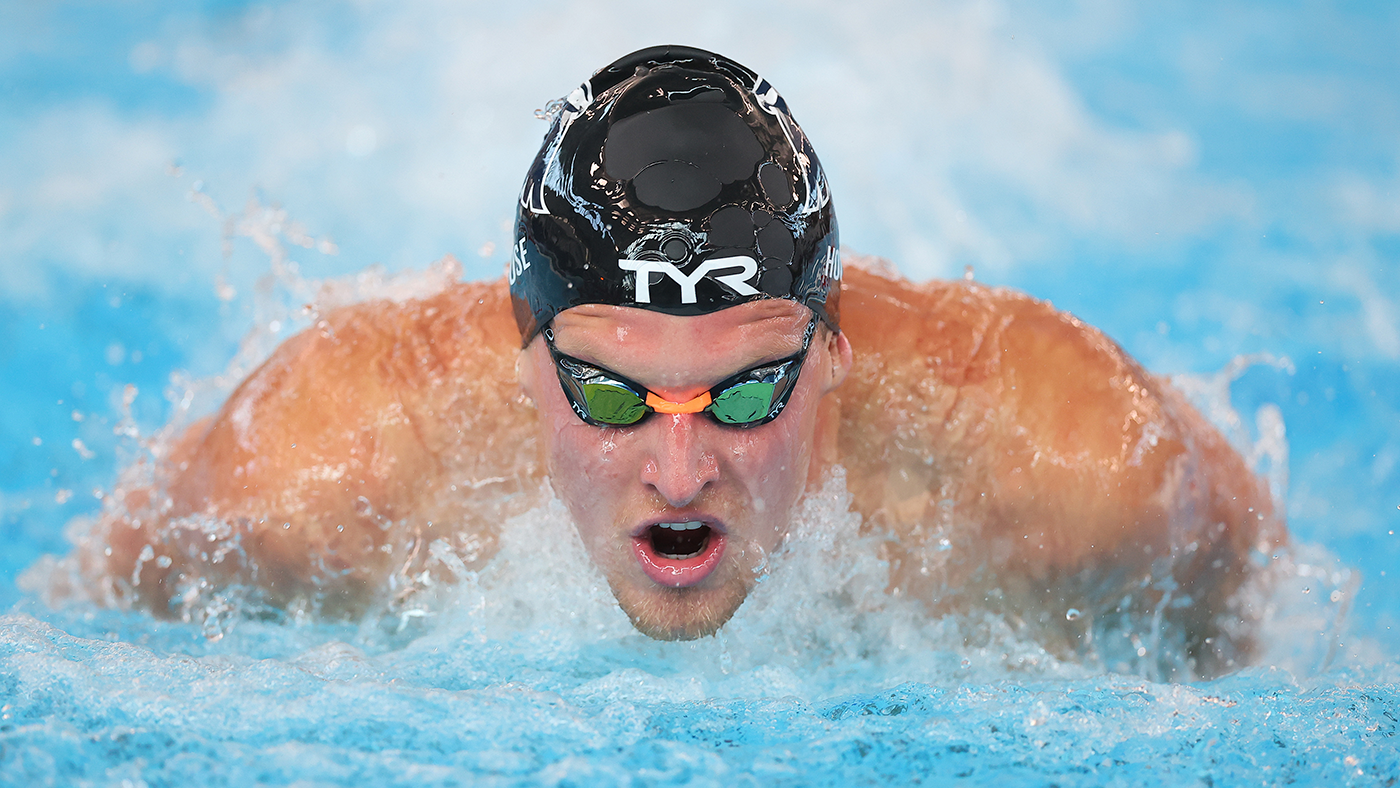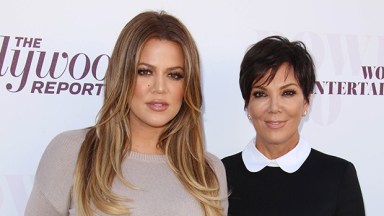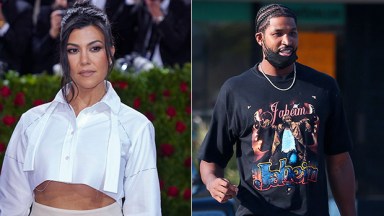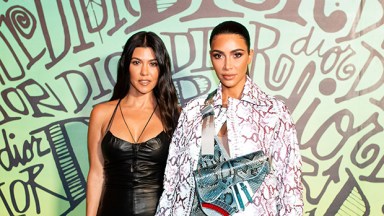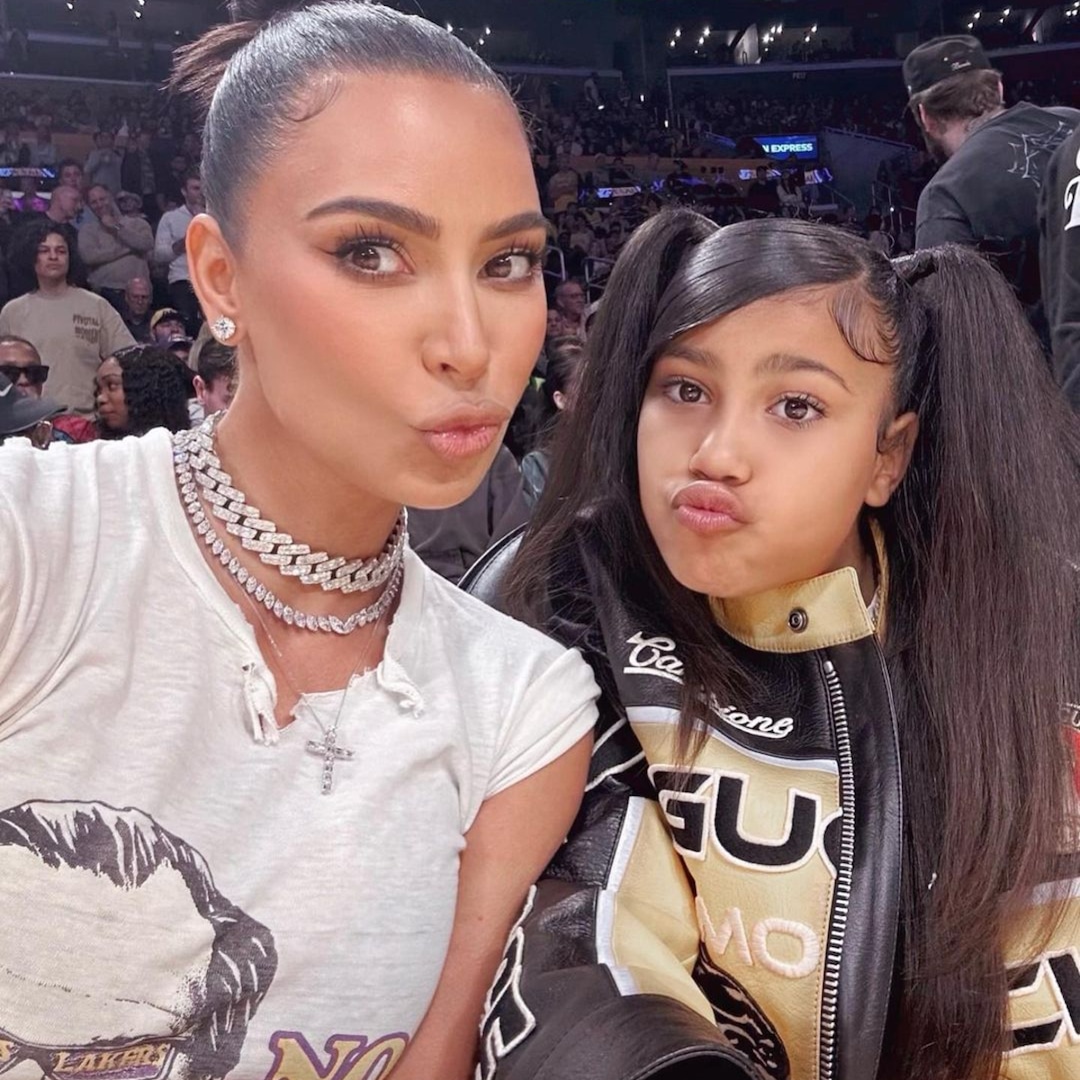Meet Grant House, an unassuming figure in college athletics who defies the stereotype. Picture him in a downtown Tempe hotel lobby, casually dressed in jeans, sporting a scruffy beard, and wearing a T-shirt that humorously states, “You Probably Don’t Recognize Me Without My Cape.”
Despite his laid-back appearance, this Arizona State University swimmer is far from ordinary. His commitment to swimming alone consumes up to 20 hours per week. However, this humble 24-year-old graduate student from Indiana rarely receives recognition.
An anecdote shared by House sheds light on his relative anonymity. While dining out a few weeks ago, he was unexpectedly approached by two freshmen football players who identified him as Grant House, the “swim guy.”
But Grant House is much more than just a swimmer. He is the lead plaintiff in a groundbreaking antitrust lawsuit that has the potential to revolutionize college athletics. Known as House v. NCAA, this lawsuit aims to eliminate the NCAA’s power to restrict compensation for college athletes. The lawsuit argues that these athletes deserve a fair share of the revenue generated by college sports TV broadcasts, as well as compensation for the use of their likenesses in video games.
Given that it is an antitrust case, potential damages could be tripled. If the NCAA loses this case in front of a jury, it could face a financial burden of at least $1.4 billion. A sports economics expert quoted by USA Today estimates that around 7,000 current and former athletes would be entitled to claim this money.
Sports law attorney Mit Winter, in an interview with CBS Sports, described this lawsuit as the one that could bring about the end of the NCAA as we know it.
Grant House may not possess a threatening demeanor, but he willingly embraces the role of spearheading this legal battle. Joining him as co-plaintiffs are Sedona Prince, a prominent women’s basketball player now at TCU, and Tymir Oliver, a former Illinois football player. In January, House underwent a grueling seven-hour deposition, where NCAA attorneys questioned him extensively about the case.
House recalls being inspired by fellow students who were passionate about music while he was in the honors college at ASU. He noticed that those students had the opportunity to earn money by performing at prestigious venues like Carnegie Hall, whereas athletes like him had their earnings restricted by the NCAA.
“I always found it intriguing that these musicians could turn their passion into a source of income and reach great heights with it. As an athlete pursuing my own dreams and aspirations, I couldn’t do the same,” House expressed. “It didn’t sit well with me and left me feeling confused.”
House’s involvement in the lawsuit came about during the COVID-19 pandemic, following a practice session in 2020 when his teammate Cameron Smith was speaking with his mother on the phone.
“I overheard a conversation in the background where his mother mentioned someone who might be interested in our situation, and that someone was me, Grant,” House recollected.
That someone turned out to be Shelby Smith, a lawyer at Hagens Berman in Seattle, a firm well-known for its history of dealing with NCAA-related cases. Notably, the firm played a major role in the Alston case, which resulted in the NCAA granting name, image, and likeness rights to athletes in 2021.
“It was truly fascinating to be approached in this way, especially considering that the Alston case had just concluded when we began this lawsuit. The NCAA was essentially forced to make changes,” House reflected.
Throughout the years, House has heard the NCAA’s arguments that compensating athletes would disrupt team unity. Now, compensation is becoming a reality, although it hasn’t caused the predicted fractures within locker rooms.
“I’m aware that some quarterbacks are earning millions of dollars. I’m not in that position, but I’m genuinely happy for them and their success. I want them to fulfill their potential,” House remarked.
He continued, “I can envision potential issues in locker rooms, perhaps among younger athletes with egos who haven’t fully matured. However, I attribute that to the culture and environment, not to name, image, and likeness rights. If a university’s culture is so fragile and weak that it can’t handle this change, they need to address that.”
House’s involvement in this case could mark a significant turning point. The proceedings are being overseen by Claudia Wilken, who gained fame for presiding over the Alston and O’Bannon cases. House is also a noteworthy member of the swim team, becoming their first College Sports Communicators (CSC) academic All-American in 31 years. This week, he will graduate with a Master’s degree in sports law and business, and his focus will shift entirely to preparing for the 2024 Summer Olympics in Paris.
In a year when the Pac-12’s remarkable stories have been overshadowed by media rights negotiations, House’s accomplishments deserve celebration. He swam at ASU under the guidance of renowned coach Bob Bowman, who also trained Olympic champion Michael Phelps and served as head coach for the United States’ swim team at the 2016 Rio Olympics.
House, a highly accomplished swimmer at Arizona State, is involved in a legal case against the league, which includes the other Power Five conferences. Although this may not sit well with the league, the case is set to go to trial in September 2024.
Emilee Sisco, an attorney from Hagens Berman who is working with House on the case, stated that House is fully aware of its significance. She also mentioned that he has been the lead plaintiff since the beginning.
The lawsuit is progressing through the court system at a time when the NCAA is facing criticism from various angles. While NCAA President Charlie Baker is pushing for a federal NIL bill in Congress, several states have passed their own laws to limit the association’s control over athletes’ benefits. If the NCAA doesn’t receive support from Congress or enact changes itself, the courts may intervene.
House expressed his belief that athletes should be able to achieve their aspirations, dreams, and potential. He emphasized that his goal is not to accumulate wealth, and he currently has a couple of modest NIL deals, which he has arranged without involving an agent. Additionally, he has partnered with a fitness apparel brand and a nutritionist who assists him with his training.
Reflecting on his deposition with NCAA lawyers in January, House found it remarkable how repetitive the questions were. He saw it as an opportunity to reaffirm his beliefs, knowledge, and passion.
House has heard all the arguments put forth by the NCAA, including the claim that fans will stop attending games. However, recent examples such as Bryce Young, the Alabama quarterback who reportedly earned at least $3 million throughout his career, and the increased viewership of the women’s basketball tournament challenge that notion. House maintains that performance should always be the top priority, both in sports and academics, and hopes this mindset prevails for all athletes.


